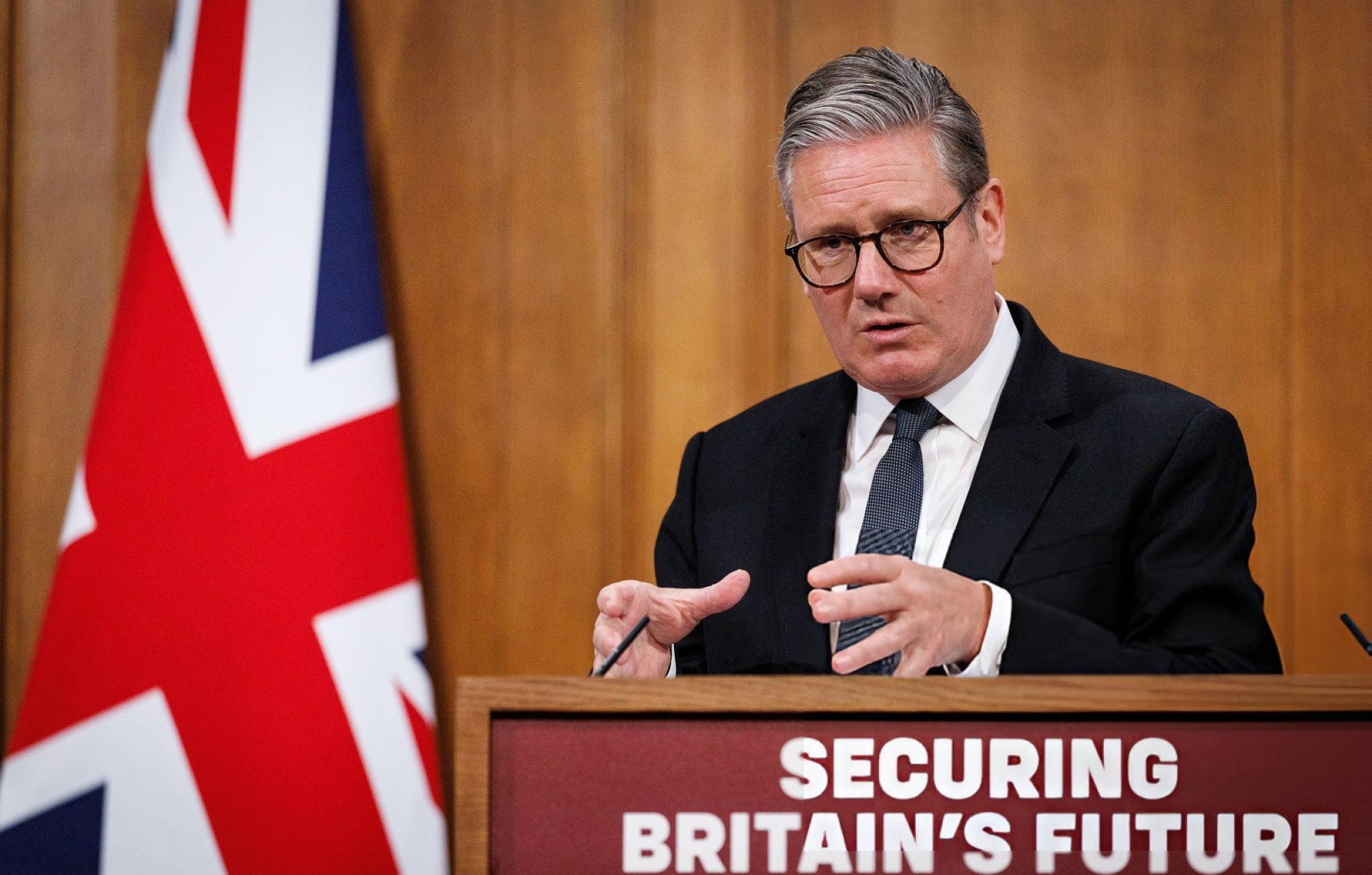PM Keir Starmer Hails ‘Fantastic’ trade deal with india in UK parliament
Prime Minister Keir Starmer has hailed the recently clinched Free Trade Agreement (FTA) with India as a “fantastic” achievement for Britain, marking it as a milestone that will bolster British businesses and create thousands of jobs. The Prime Minister made the statement during a heated session of Prime Minister’s Questions (PMQs) in the house of commons on wednesday, where he accused the opposition conservative Party of seeking to “rip up” the deal.
Starmer seized the opportunity to highlight his Labour government’s success in concluding the FTA negotiations with India last week—talks that had languished for eight years under successive Conservative governments. He used the session to rebuke the opposition’s leader, Kemi Badenoch, for her criticism of the deal, pointing to what he described as her failure as Trade Secretary during the Tories’ time in office.
“Over the past week, we have secured a historic trade deal with India and a landmark agreement with the United States, protecting and creating British jobs, slashing tariffs, and driving economic growth,” Starmer declared before a packed commons chamber.
“The India deal is a fantastic deal, with tariffs on cars cut to 10 per cent, tariffs halved on whisky and gin, and £4.8 billion coming into our economy. What does she [Badenoch] say she would do with the India deal? She wants to rip it up,” the Prime Minister added.
Starmer also took aim at Badenoch’s statements last week, where she dismissed as “fake news” claims from Indian officials that the contentious Double Contribution Convention (DCC) had been part of the negotiations during the previous government. The DCC aims to prevent temporary foreign workers from paying social security contributions in both countries.
“She was even reduced last week to accusing the Indian government of fake news — no wonder she did so badly as a Trade Secretary. The project for the Conservatives is over. They are sliding into oblivion; they are a dead party walking,” Starmer said, intensifying his attacks.
The Tories have been vocal in their opposition to the DCC, arguing that the agreement creates a two-tier tax system, offering Indian workers a tax exemption for the first three years of their stay in the UK. However, both British and Indian officials have clarified that the exemption is reciprocal, equally benefiting British workers posted to India, and had been discussed during Badenoch’s tenure as Trade Secretary.
Starmer pointedly remarked: “The last government tried to do the India deal for, I think, eight years and failed — we did that deal. This former Trade Minister must be the only former Trade Minister who is against all trade deals that boost our economy. She says she is against the India deal, even though it contains the same provisions that she put on the table.”
According to the UK’s Department for Business and Trade (DBT), the FTA, formally agreed on 6 may, is expected to add £25.5 billion annually in the long run to the current bilateral trade volume of £41 billion. Among the key gains for British businesses are significant reductions in tariffs on Scotch whisky — from the eye-watering 150 per cent down to 75 per cent initially, with further reductions to 40 per cent over time — as well as favourable quotas for British automotive exports to India.
The DBT also emphasised that the agreement will open new opportunities for services, digital trade, and investment, sectors where the UK is seeking to expand its global footprint.
The agreement is now entering the final stages of being drafted for parliamentary scrutiny and approval before it can be ratified and come into force.
The landmark deal is widely seen as a political and economic victory for Starmer’s Labour government, particularly as the country looks to shore up its post-Brexit trade relationships with fast-growing economies like India. However, with fierce criticism from the Conservative benches, the debate over the agreement is expected to intensify in the coming weeks.






